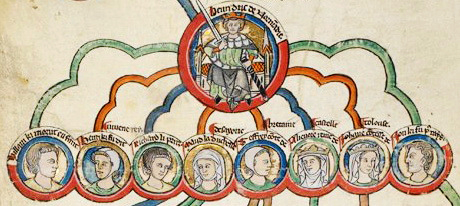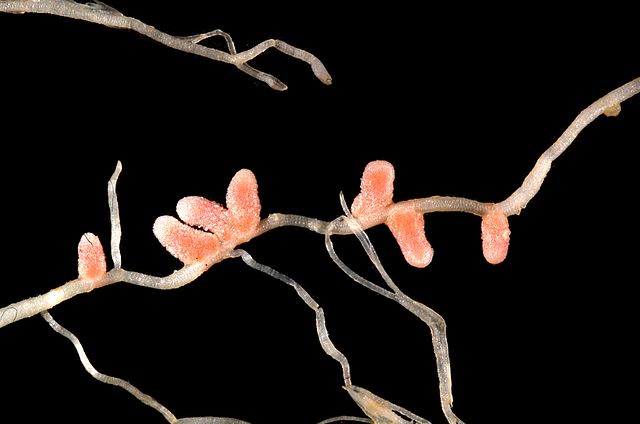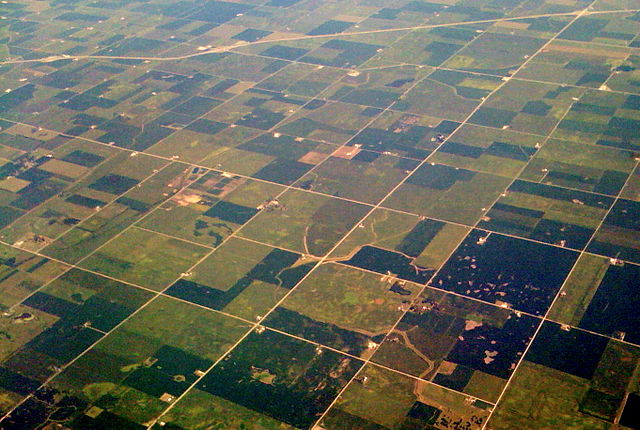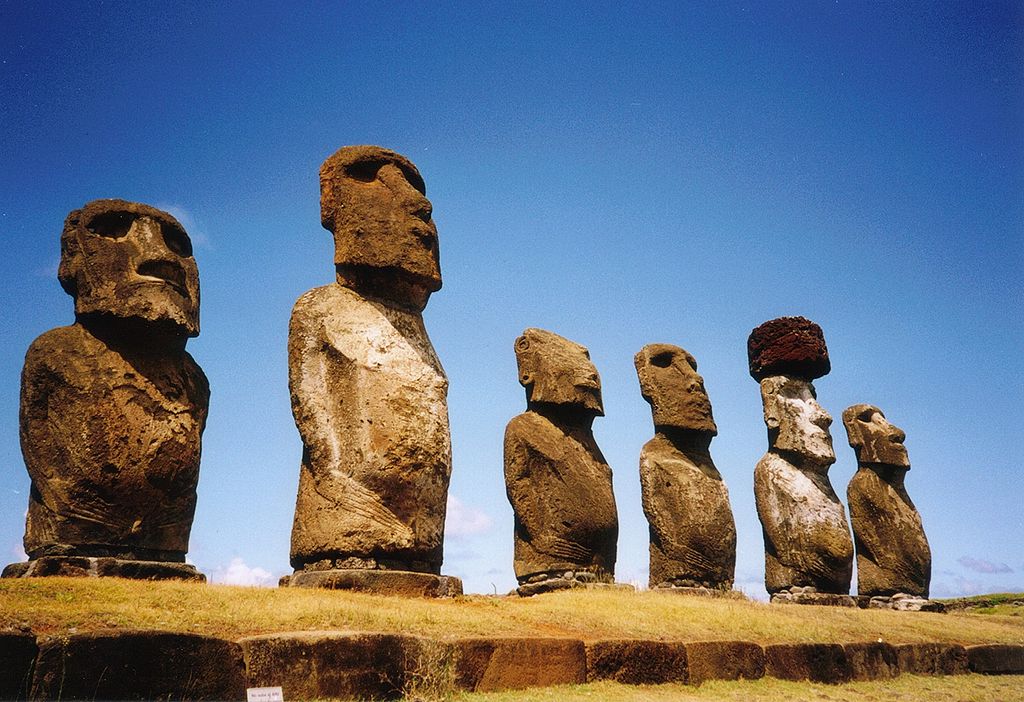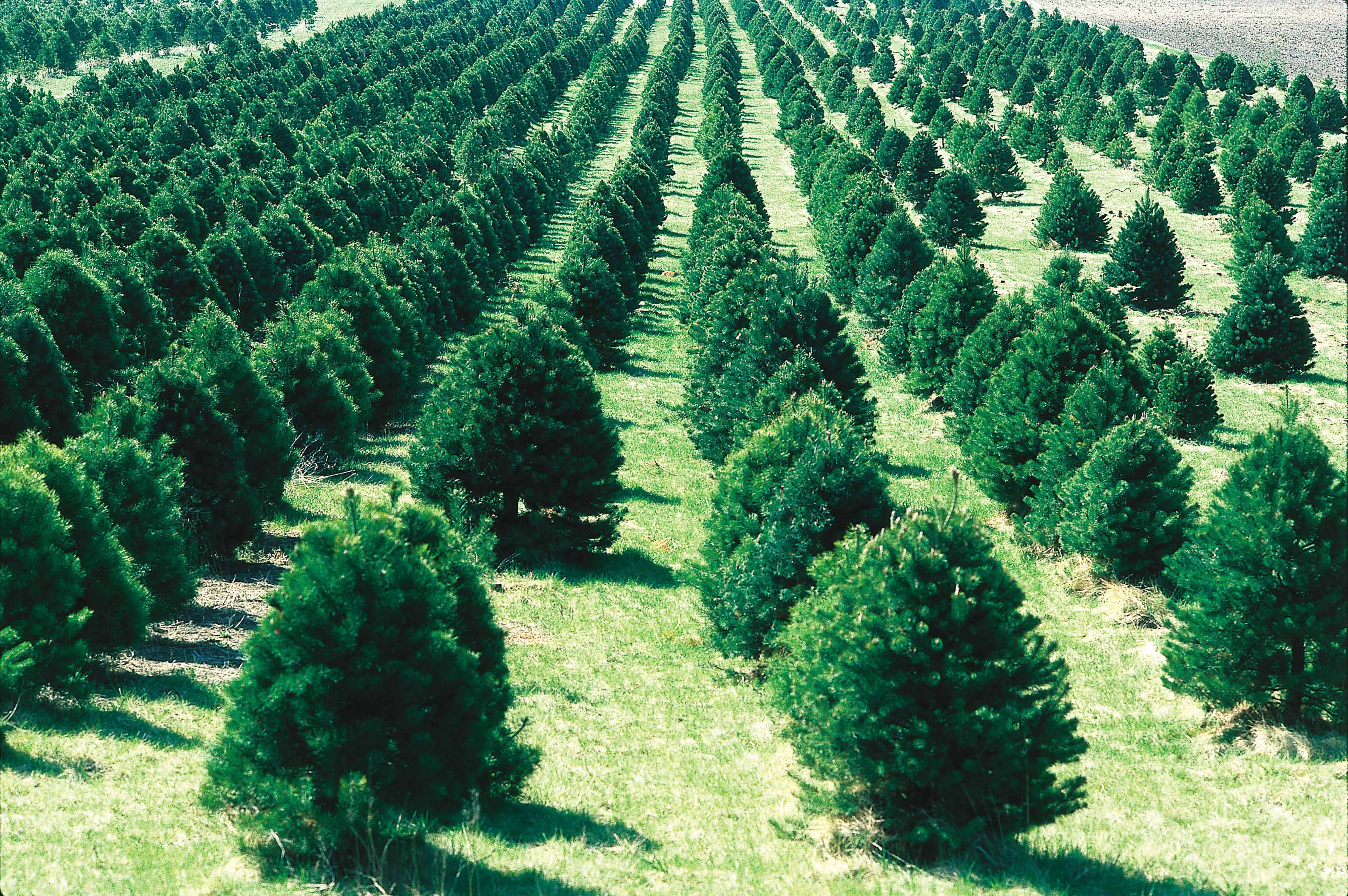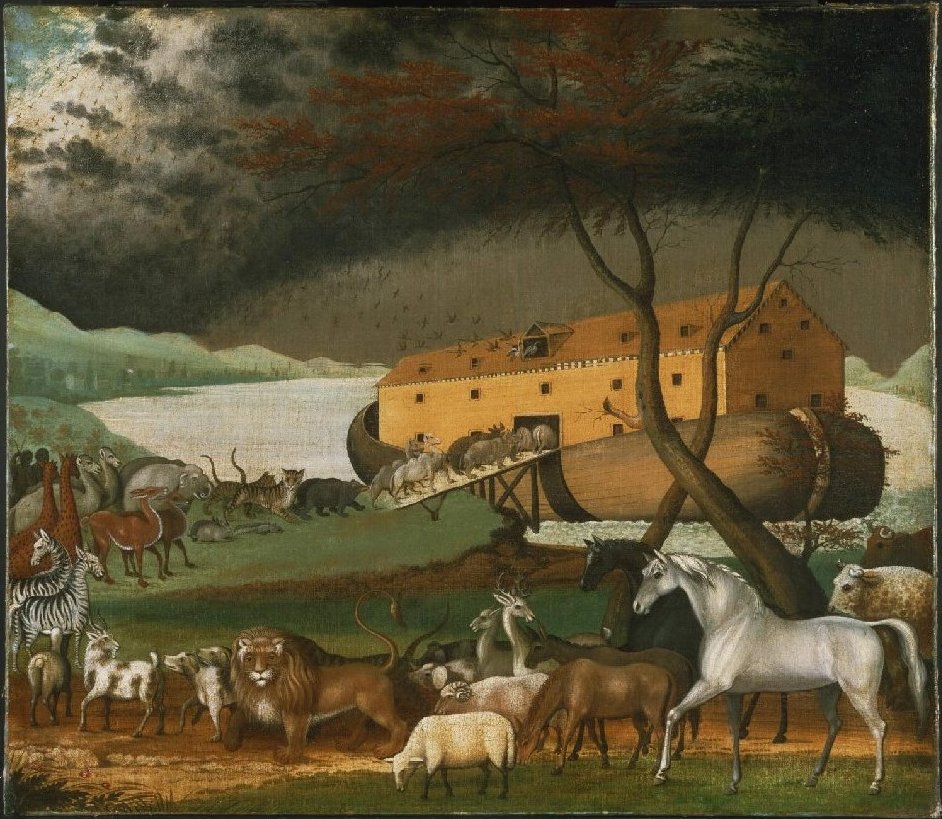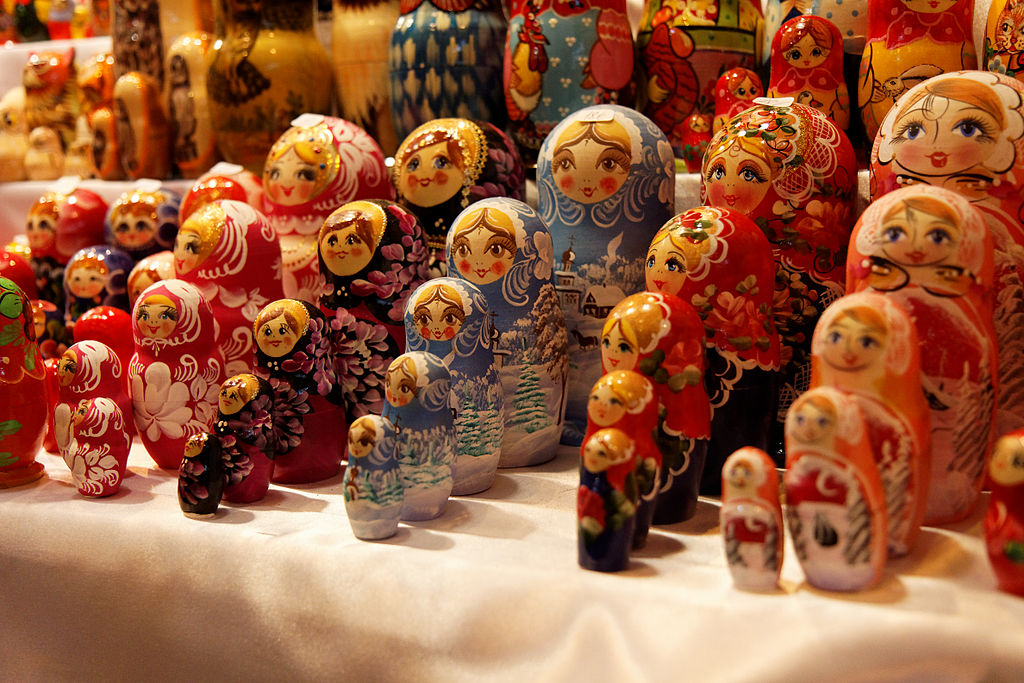New genetic evidence has unveiled infidelity in the British royal line. King Richard III‘s body was found under a rural parking lot last year. Since the discovery of his rather unceremonious resting place, there has been a flurry of research into the regent’s diet, health, and the circumstances of his death. This new study compared the DNA sequence of Richard III with those of some living descendants …
Spectacular Symbiosis: the Root of the Matter
Cover photo: Source: Wikimedia user ninjatacoshell My vegetarian and vegan friends are all obsessed with beans. And lentils, and soy. Is there something about not eating meat that makes legumes irresistibly delicious? Some sort of secret vegetarian conspiracy to hoard all the beans? Actually, it all comes down to protein. Many of the most important parts of your body – muscle fibers, the enzymes that …
Our Slice of the Carbon Cycle: Growing Energy
In this politically frantic time, let’s harken back to a legislative moment of yesteryear. In January 2007, President George W. Bush signed the Energy Independence and Security Act, which provided funding for research into biofuel production and mandated that we mix 36 billion US gallons of the stuff into the fuel supply by 2020. If you’d like to take a trip down memory lane, …
Our Slice of the Carbon Cycle: Down on the Farm
Looking out an airplane window, it is shocking to see how much of the Earth’s surface is farmland – all those irrigated circles and squares, stretching on to the horizon. If this land was not tilled, sowed, sprayed, guarded and harvested – if it was not teased into the tidy, geometric, human shapes we see from the plane – it could be dales …
Decoding the Stories of our Ancestors: Lonely Island
Photo credit: Wikimedia user Makemake The sweet potato wasn’t lying; DNA evidence confirms it. The Polynesian people of Easter Island voyaged to South America long before the time of Christopher Columbus. Polynesia is a vast stretch of ocean dotted with small islands. The origin and historical spread of the Polynesian people was a topic of anthropological debate over the last century. Though Polynesian …
Our Slice of the Carbon Cycle: More with Less
Cover photo credit: Wikimedia user Coyau The picture is gloomy. Humans are consuming the Earth’s resources at an unsustainable clip, and the prospect of reducing that consumption seems remote at best. While global population growth is slowing, there are still more people every day. Each person is consuming more as people around the world get richer. Global trade is reaching deep into …
Our Slice of the Carbon Cycle: A Numbers Game
Photo: Sao Paulo at night by Julio Boaro At the dawn of the modern environmentalist movement, as we awoke to the devastating downsides of modern industrial life, our first and most obvious response was to cut back. If our voracious consumption of Earth’s bounty was hurting the environment, the thinking went, then we should probably trim that consumption. That logic is still sound. Reducing the amount of …
Our Slice of the Carbon Cycle: An Approach to Being Humans on Earth
We all want to leave a livable planet for future generations. In doing so, there are many priorities to juggle – protecting natural ecosystems, preserving biodiversity, and maintaining the “ecosystem services” that keep our air, water and soil clean. At a basic level, these seemingly unrelated priorities all center on the space we take up on this planet, and how we use it. There are other major environmental …
Teach the Controversy
Disclaimer: This post presents more opinion than a typical Thought and Awe post, and should be taken with a larger grain of salt. Accordingly, there are no peer-reviewed citations at bottom. One of the most exasperating battlegrounds in America’s perennial “culture wars” is the high school science classroom. Every few years, some state legislature or school board decides that science education would be much …
Our Nested Origins
Cover photo: Wikimedia User Thesupermat The scientific method is a powerful tool for exploring the physical realities underpinning our existence. But there’s no guarantee that we’ll like what we find once we start the exploration. The physical relationships uncovered by scientific inquiry can be joyful or disturbing, useful or esoteric, controversial or deeply satisfying. Occasionally, science can reveal truths that are just, well, a bit trippy. Endosymbioses are long …

